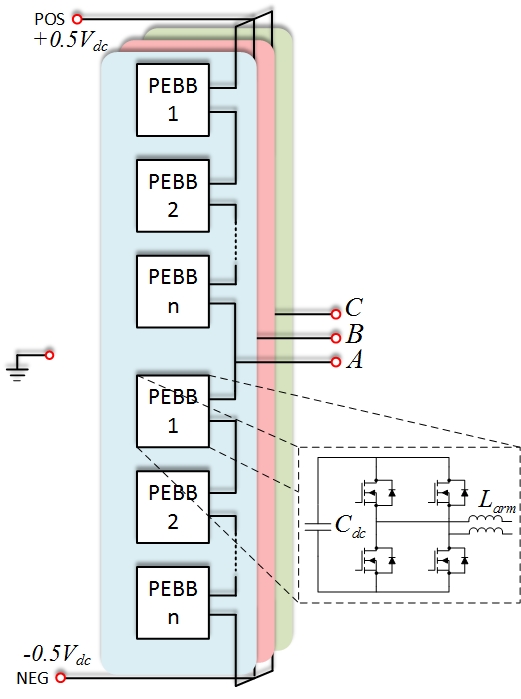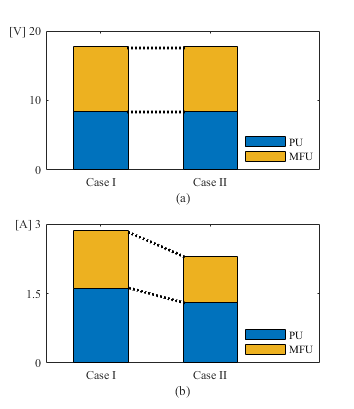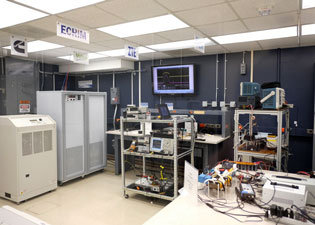LIBRARY
Study of the Predictive Capability of Modular Multilevel Converter Simulation Models under Parametric and Model Form Uncertainty

Modeling and simulation techniques are broadly used to fine-tune the design of the power stage and control system of MMCs. Nonetheless, due to the potential sources of uncertainty in modeling and simulation, simulations are not entirely relied on, and experiments are oftentimes carried out using scaled-down laboratory prototypes. The actual predictive capability of simulation models remains unknown until the complete system is available for conducting validation experiments. Overestimating the required design margins is a common solution to deal with the unknown credibility proficiency of simulation models and ensures the safe operation of power converters.
The primary purpose of this paper is to eliminate the use of heuristic safety factors in the design of MMCs by understanding the relationship between the total uncertainty in simulation results and the number of power electronics building blocks (PEBBs) in each arm. This uncertainty is considered as the expected variation of the actual system performance from the predictions made from modeling and simulation. The scaled-down laboratory prototype and simulation model of an MMC with up to two PEBBs per arm is used to predict the expected range for different system responses of the MMC with a high number of PEBBs in each arm.
Based on the analysis given in this paper, MMCs that are designed with more PEBBs in each arm do not necessarily require a greater margin for the design variables of interest. Accordingly, the heuristic safety factors in the design of MMC can be replaced by the estimated total uncertainty for the selected design variables. This may result in further minimizing the design margins and design improvements, while the safe operation of the converter is ensured via the gained confidence in the predictive proficiency of MMC simulation models.


Case I: 1PEBB/arm and Case II: 2PEBB/arm






















































































